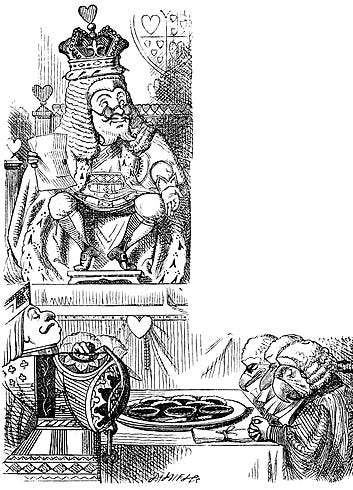On Effectiveness
necessitas non habet legem
Knowledge has to be improved, challenged, and increased constantly, or it vanishes.
― Peter Drucker
How does one manage oneself? Effectiveness is not natural and has to be learned and practiced deliberately. Being effective means doing the right things well. Today one must be ones own CEO and take responsibility for ones own growth.
Success tends to come t…



